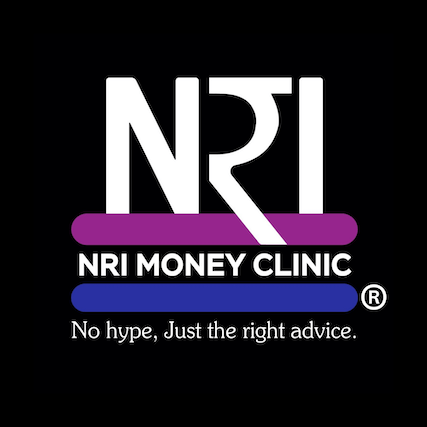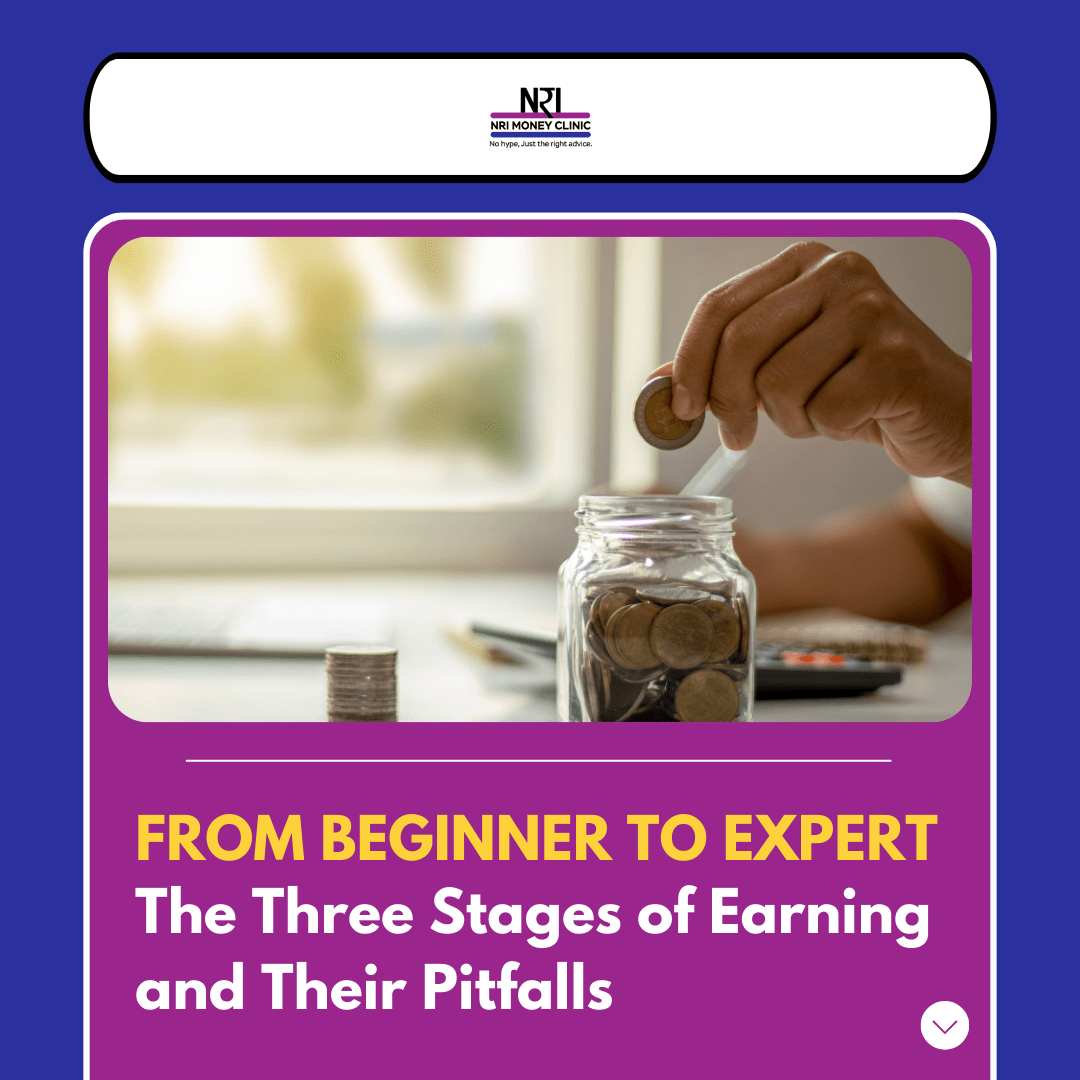Life is a journey, and so is your career. The way we approach each phase of our earning years can make or break our financial future. Let’s dive into the three crucial phases of your working life and how your choices during each can either set you on a path of success or lead to struggle.
Phase 1: The Experimentation Stage (Ages 25-35)
This is the stage where you’re no longer financially dependent on your parents, but you’re still figuring out how to manage your newfound freedom and responsibilities. It’s the phase of “experiments and experiences”—where you’re trying to figure out what works and what doesn’t. At this age, you may be inclined to ask for advice from those around you, like your parents or peers. While their advice might be well-intentioned, it’s often outdated or uninformed for today’s rapidly changing world.
For example, one piece of advice parents often give is to buy a house early. But if you’re not financially ready, this can be more of a burden than a benefit. Similarly, many people at this age try to mimic the lifestyles of their peers or social media influencers, which often leads to overspending or taking on debt that can spiral out of control.
What you should do during this phase is experiment—yes—but learn from your mistakes. Build your financial knowledge, reduce your expenses, and make small but meaningful investments in your future. The key here is curiosity: Read books, watch videos, attend seminars, and educate yourself. Even if you don’t have a lot of money, you do have time, and this is the perfect time to start small and learn.
By the time you’re 35, ask yourself:
- Have you acquired skills that will propel you forward in your career?
- Have you built a robust emergency fund?
- Are you financially independent, or are you still relying on old advice and emotional spending habits?
If you’ve checked off these boxes, you’re on the right track.
Phase 2: The Mature Phase (Ages 35-50)
This is the stage where your choices really start to matter. It’s a period where you make decisions that will either lead you to financial freedom or set you up for future struggles. If you’ve built on the skills you acquired in your 20s and 30s, you’ll be in a good position to rise in your career and your financial life.
However, the temptation to overspend is strong during this phase. It’s easy to get caught up in the desire to buy a bigger house, send your kids to prestigious schools, or upgrade your lifestyle to match those of your peers. But making emotional decisions, like buying a house you can’t afford or taking on excessive debt, can lead to a financial crisis.
In this phase, the key is moderation and foresight. Think about the long-term consequences of your choices:
- Can you afford that house without taking on too much debt?
- Are you overspending on education or lifestyle upgrades?
- Are you maintaining a manageable debt load?
The decisions you make in your 40s will set the stage for your financial future. Be careful about increasing your expenses and ensure you are always asking: “What could go wrong here, and how will I handle it?”
If you’ve managed to avoid large debts, have continued to invest wisely, and kept your lifestyle in check, then you’re likely heading toward a victorious financial future.
Phase 3: The Closing Phase (Ages 50-65)
This is the stage where you either solidify the success you’ve worked hard to build or face stagnation or disaster. If you’ve been smart about your finances in the previous phases, you’ll likely experience continued success. However, if you’ve made careless choices—like failing to invest enough or taking on excessive debt—the consequences will catch up with you.
At this point, many people find themselves looking to financial planners for guidance. If you’re facing a midlife financial crisis or are worried about your retirement, reaching out to a planner can help get your finances back on track. It’s also a time when some people seek comfort, outsourcing financial management to professionals as they move toward a more hands-off approach.
For many, 50-65 is a time for reassurance: Do I have enough saved for retirement? Can I live comfortably without constantly stressing about money? For others, it can be a time of disaster, especially if poor financial choices have piled up over the years.
If you’re in this phase and feel unsure about your future, working with a financial planner can help you get back on track and ensure you’re prepared for a comfortable retirement.
Key Takeaways: How to Navigate Each Phase
- Avoid Mistakes Early On – The smaller your mistakes in the early stages, the easier they are to correct. Making big mistakes at 25 can carry into your 30s and 40s, leading to bigger problems down the line.
- Live Within Your Means – Avoid the trap of lifestyle inflation. Just because you can afford more doesn’t mean you should buy more. Be mindful of how your spending today will affect you tomorrow.
- Seek Expert Advice – In your 30s and 40s, it may be time to turn to a financial planner for expert advice. They can guide you, help you avoid costly mistakes, and ensure you’re on track to meet your financial goals.
- Invest in Your Future – Whether it’s building an emergency fund in your 20s, acquiring new skills in your 30s, or focusing on retirement savings in your 40s, consistently investing in your future is the key to long-term financial success.
The road to financial freedom isn’t always smooth, but by understanding these key phases and making thoughtful, informed choices, you can achieve a victorious financial life that lasts well into retirement.
If you’re looking for guidance on navigating these phases, reach out to a trusted financial planner. They can help you make smarter decisions and set you on a path to financial success.
Need help planning your financial future? Send us a WhatsApp message at 971 55 991 4596. Let’s build a plan that works for you.











